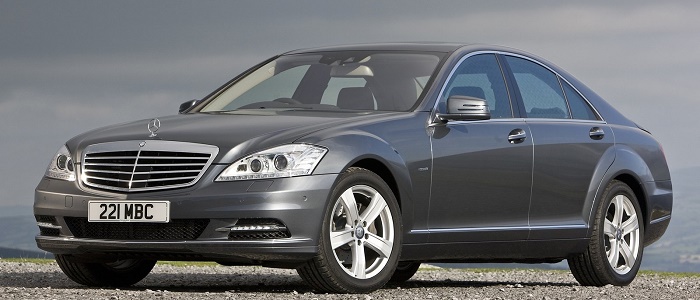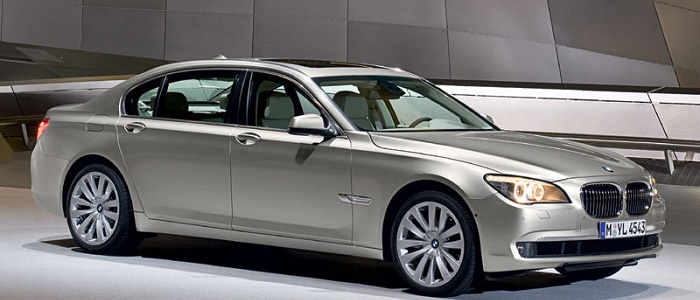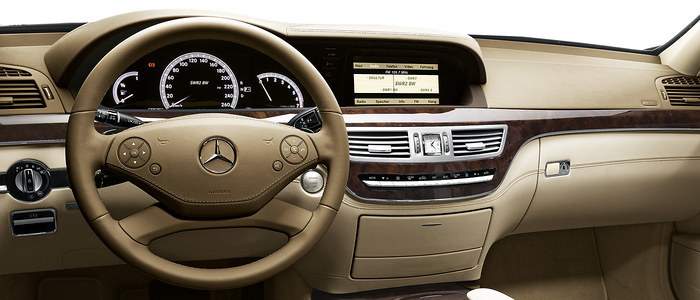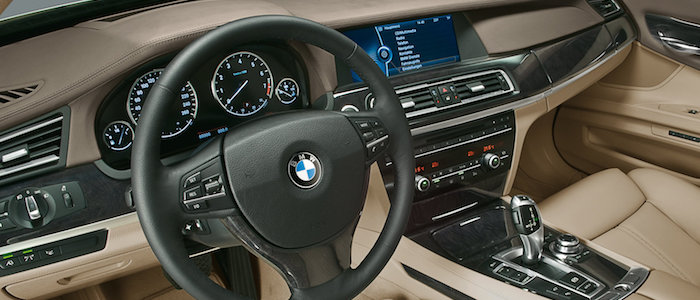Compare two cars
Compare any two cars and get our Virtual Adviser™ opinion
Dimensons & Outlines
Check a car by its VIN number
Engine
2.1 OM651 DE22 LA HP
Performance (manual gearbox)
Performance (automatic gearbox)
Expenses
Virtual Adviser's™ opinion
Well, these are two pretty similar cars we have here! It's only details that could potentially make the difference. Considering they both belong to the executive car segment and utilize the same 4-door sedan body style and the rear wheel drive system, it all comes up to the specific diesel engine choice they offer. The first one has a Mercedes Benz-engineered powertrain under the hood, a 4-cylinder, 16-valves 204hp unit, while the other one gets its power and torque from a 6-cylinder, 24-valves 245hp engine designed by BMW.
SafetyUnfortunatelly, neither of the two vehicles was submitted to the European New Car Assessment Programme (Euro NCAP) testing. This makes it virtually impossible for me to pick one over the other and I'm generally against buying such cars as the safety should really always come first. Still, apart from the official crash test results there are other things we need to be aware of. Both vehicles belong to the executive car segment, which is generally a fortune safety-wise, but that fact doesn't break the tie between the two cars. Furthermore, taking kerb weight as an important factor into account, Mercedes Benz S offers a marginal difference of 2% more metal.
ReliabilityManufacturers have been building their reliability reputation for decades now and, generally speaking, it appears that both brands display similar results in faults and breakdowns, when all the models are taken into account. That's the official data, while our visitors describe reliability of Mercedes Benz with an average rating of 4.3, and models under the BMW badge with 4.1 out of 5. Unfortunatelly, I don't have enough insight that would allow me to comment in more details on the specific models level. That apart, owners of different cars powered by the same engine as Mercedes Benz S rank it on average as 4.8, while the one under the competitor's bonnet gets 4.3 out of 5.
Performance & Fuel economyBMW is a bit more agile, reaching 100km/h in 1 seconds less than its competitor. In addition to that it accelerates all the way to 245 kilometers per hour, 5km/h more than the other car. When it comes to fuel economy the winner has to be Mercedes Benz S, averaging around 5.7 liters of fuel per 100 kilometers (50 mpg), in combined cycle. We can't ignore that 26% difference compared to 7 Series.
Verdict
Mercedes Benz appears just a bit more reliable, although the difference is truly marginal. The most important thing when deciding between any two vehicles should always be safety, both passive and active. In my opinion, everything taken into account, Mercedes Benz S offers slightly better overall protection and takes the lead. From there things take a different direction, with BMW being considerably quicker, thus putting more smile on driver's face. It does come at a cost though, and that's the fuel consumption... I believe that, when we take all into account, we have only one winner here - the Mercedes Benz. In any case that's my personal view, built upon all the data available to me. What should decide here though is the way you feel about the two vehicles, and I hope you'll find my guidelines useful in the process. I suggest you spend two more minutes in order to find out which car, based on your needs and budget, would be picked by the virtual adviser™, among thousands of similar, yet so different vehicles.
Related articles
When it comes to buying a used car it is usually a tricky process. Many drivers look for the best compromise. The ideal car is both affordable and as new as possible. The general state of the car is often described by mileage. But this is often forgotten or just overlooked...


































